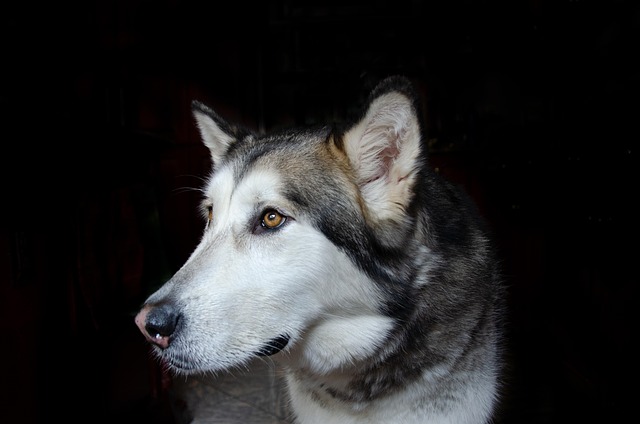
What is glaucoma in a dog?
You might notice your dog squinting more at mealtime or avoiding bright sunlight—these small changes could be early signs of a serious eye condition.
If you’ve recently found clumps of fur on your couch, clothes, and even your morning coffee mug, you’re probably wondering: why is my dog shedding so much hair all of a sudden? For new dog owners, sudden excessive shedding can be alarming, but it’s often a normal response to various factors—though it’s important to know when to worry.
First, let’s break down the science. Dogs shed to get rid of old or damaged hair, making room for new growth. Seasonal changes are a top culprit: as temperatures shift from cold to warm (or vice versa), breeds with double coats (like Labs or German Shepherds) shed their thick undercoats to adapt. This “blowing coat” phase can leave your home covered in fur seemingly overnight. But other factors matter too: poor diet lacking essential nutrients like omega-3 fatty acids can weaken hair follicles, causing more shedding. Stress is another trigger—moving to a new apartment, a new family member, or even changes in your daily routine can make your dog’s fur fall out more than usual.
So, what can you do to manage sudden shedding? Start with brushing—increase frequency to 2-3 times a week using a de-shedding tool or slicker brush to remove loose fur before it ends up everywhere. Check your dog’s diet: look for food with high-quality protein and added omega-3s (like fish oil) to support healthy skin and coat. If you live in an apartment, invest in a lint roller, pet-safe vacuum, or air purifier to keep fur under control. Most importantly, monitor for other symptoms: red, itchy skin, bald patches, or lethargy could signal issues like allergies, thyroid problems, or infections—those warrant a vet visit.

As a dog owner in the U.S., it’s key to tie shedding management to good pet care habits. Legally, keeping your dog up-to-date on vaccinations (like rabies) and cleaning up after them during walks isn’t just a rule—it’s part of being a responsible neighbor. Culturally, remember that stress can worsen shedding, and physical punishment only increases anxiety; instead, use positive reinforcement (treats, praise) to help your dog feel secure during changes. In communities, keeping your dog leashed and avoiding excessive barking reduces their stress (and yours!), which in turn helps regulate shedding. For apartment dwellers, regular grooming sessions also double as bonding time, strengthening your relationship while keeping fur off shared spaces.
Sudden shedding is rarely a cause for panic, but it’s a sign to pay attention to your dog’s health and environment. By understanding the triggers, adjusting care routines, and following local pet norms, you can keep both your dog and home happier—even with a little extra fur.

You might notice your dog squinting more at mealtime or avoiding bright sunlight—these small changes could be early signs of a serious eye condition.

Let’s set the scene: It’s a sweltering Phoenix afternoon—105°F outside—and you rushed your 2-year-old Lab mix, Cooper, on a quick walk to “get it over with.”

Let’s get real: You’re in your Miami apartment, watching your 3-year-old Corgi, Loki, struggle to climb the stairs to your second-floor unit.

Many dog owners brush off occasional scratching as just “dog behavior,” but persistent itching often signals something more—like a food allergy.

You might first notice your dog scratching more than usual—chewing at their paws until the fur looks thin, or rubbing their face against the couch nonstop.

Let’s be real: You’re standing in your Chicago apartment, watching your 3-year-old Beagle, Max, huff and puff just to climb onto the couch.